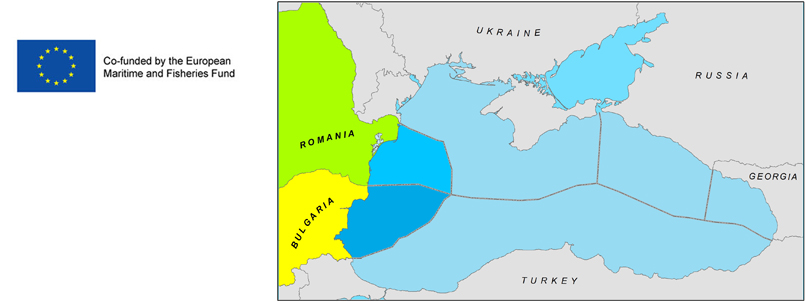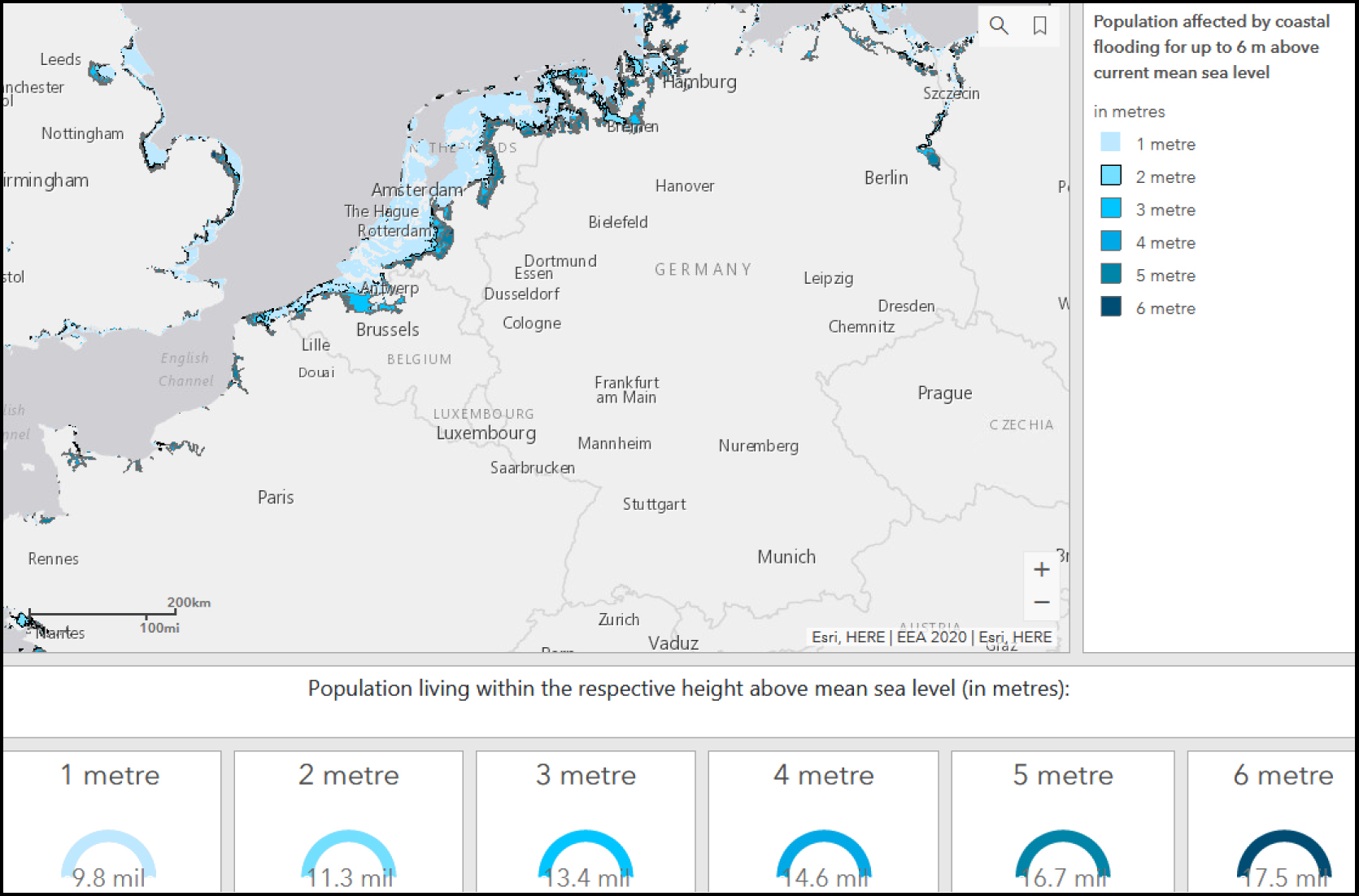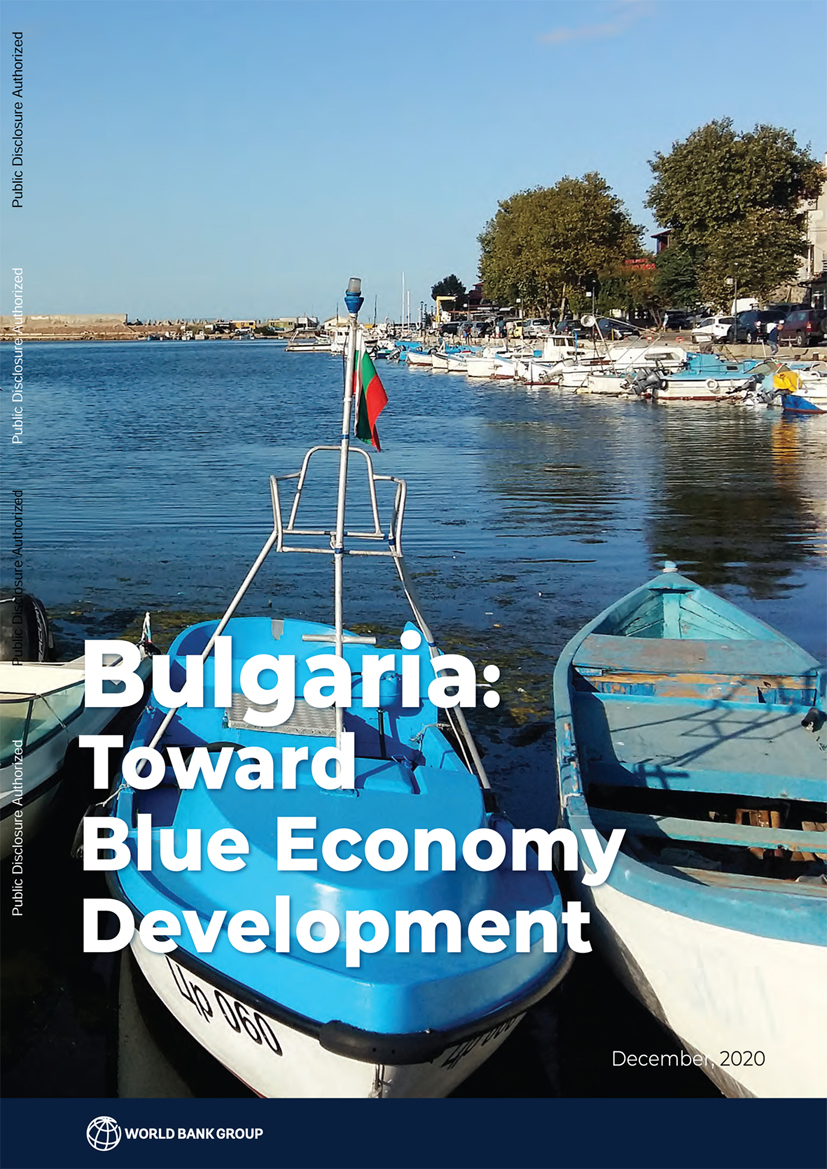Uncategorised
Cookies Legal Notice
{jcomments off}
Cookie Policy for Center for Coastal and Marine Studies
This is the Cookie Policy for Center for Coastal and Marine Studies, accessible from ccms.bg
What Are Cookies
Cookies are tiny files that are downloaded to your computer that help our website work properly in your browser. This page describes what information they gather, how we use it and why we sometimes need to store these cookies. We will also share how you can prevent these cookies from being stored on your computer or mobile device. However this may 'break' certain elements of the website and make them stop showing properly in your browser.
To learn more about cookies, how to see what cookies have been set and how to manage and delete them, visit wikipedia.org, www.allaboutcookies.org, or www.aboutcookies.org.
How We Use Cookies
We use cookies for a variety of reasons detailed below. There are no standards options for disabling cookies and still preserve the functionality and features of this website. It is recommended that you leave on all cookies if you are not sure whether you need them or not in case they are used to provide a service that you use.
Controlling Cookies
You can prevent cookies from being downloaded in your browser settings. To do this, see your browser Help. However, if you limit the ability of our website to set cookies, you may stop our website from working properly on your devise. Therefore it is recommended that you do not disable cookies.
The Cookies We Set
- Site preferences cookies
To make this site work properly on your device we need to set your preferences for how this site runs when you use it. This information is stored in the cookies that your web browser downloads when you visit our website. On your next visit, the cookies help restore those preferences and work properly on your device and provide smooth browsing experience.
Third Party Cookies
In some special cases we also use cookies provided by trusted third party services. These third party cookies do not provide us with personal or identifying information. They help us to better understand our audience and provide more engaging content. The following section details which third party cookies you might encounter through this site.
- Google Analytics is well-known and trusted analytics solutions that help us measure how you interact with the website content. This information helps us provide more engaging content to our website visitors. To learn about Google Analytics, visit the article How Google uses information from sites or apps that use our services
- Third party analytics are used to track and measure usage of this site so that we can continue to produce engaging content. These cookies may track a thing such as how long you stay on the site or pages you visit which helps us to understand how we can improve the site for you.
- We also use social media buttons and/or plugins on this site that allow you to connect with your social network in various ways. For these to work the following social media sites including: Facebook.com and Twitter.com, will set cookies through our site which may be used to enhance your profile on their site or contribute to the data they hold for various purposes outlined in their respective privacy policies.
- To learn more about the Facebook cookies policy, click here: Cookies & Other Storage Technologies
- To learn more about the Twitter cookies policy, click here: Our use of cookies and similar technologies
More Information
However if you are still looking for more information than you can contact us
Other helpful resources
Browser manufacturers provide help pages relating to cookie management in their products. Please see below for more information.
- Google Chrome
- Internet Explorer
- Mozilla Firefox
- Safari (Desktop)
- Safari (Mobile)
- Android Browser
- Opera
- Opera Mobile
For other browsers, please consult the documentation that your browser manufacturer provides.
THE NEW MSP PROJECT IN THE BLACK SEA – MARSPLAN-BS II AND THE CENTER FOR COASTAL AND MARINE STUDIES

CCMS is part of the new MARSPLAN-BS II Project (Cross-border Maritime Spatial Planning for Black Sea – Bulgaria and Romania) to support MSP in the Black Sea. The project is funded by the European Commission (DG MARE), Executive Agency for Small and Medium-sized Enterprises (EASME) under the European Maritime and Fisheries Fund (EMFF) of the European Union and will last 24 months between 01.07.2019 and 30.06.2021.
Why does Europe need to limit climate change and adapt to its impacts?

Europe’s many regions are expected to face worsening impacts of climate change over the next decades. A compilation of several existing maps published by the European Environment Agency (EEA) today illustrates how drought, heavy rain and flooding, forest fires and sea-level rise could affect some selected regions in Europe, including Central Europe, the Iberian peninsula, Scandinavia, Brittany and Venice.
The increased exposure to climate related hazards will differ from region to region across Europe, according to the EEA story map. The background briefing shows examples of selected risks across Europe. It stresses the important role of limiting climate change to avoid the worst impacts as well as the key role of adaptation and resilience amid new EU plans under the European Green Deal to present for a new, more ambitious EU adaptation strategy.
A new World Bank Policy note "Toward a Blue economy Development in Bulgaria" has been launched!

The World Bank in collaboration with the Government of Bulgaria in support of Bulgaria's 2020 Presidency of the Common Maritime Agenda for the Black Sea has just launched officially the Policy note "Toward a Blue economy Development in Bulgaria" dedicated to pave the way to a national vision and strategy for a sustainable and resilient blue economy in Bulgaria.
